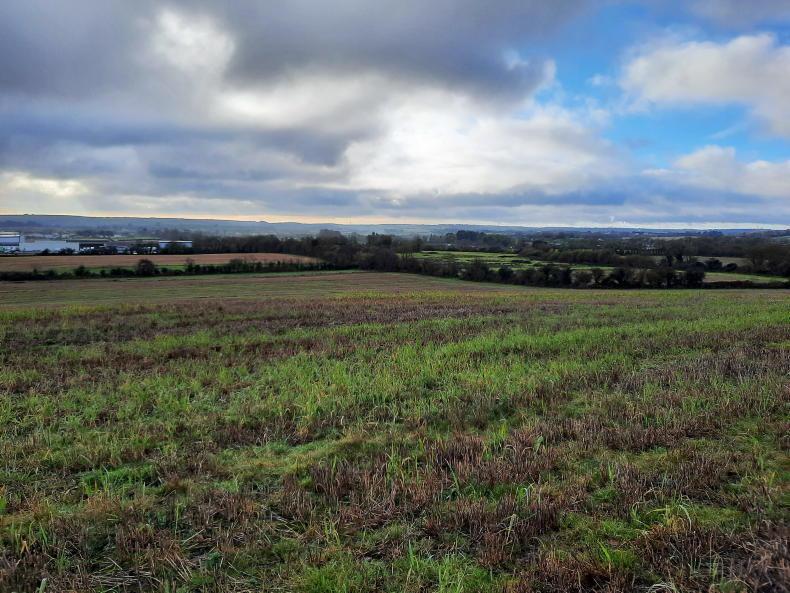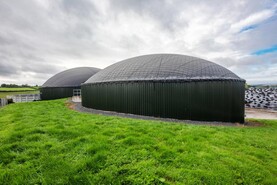The Nitrates Action Programme (NAP) looks set to see some changes regarding the requirement to cultivate and create a green cover for the winter on all tillage land.
The measure, outlined in the draft NAP, requires shallow cultivation of harvested crops within seven days of baling or straw chopping.
This would see the absence of any over-winter stubble in this country, which is an important habitat for some farmland birds such as yellowhammers, skylarks and northern lapwings.
The Department of Agriculture has told the Irish Farmers Journal it is considering retaining a percentage of over-winter stubble
All of these are already in decline, are red-listed and are suffering from the decline in tillage area, which dropped 15% (57,000ha) from 2008 to 2018 and 42% since 1980.
Over-winter stubble area has also decreased in recent years, with a move to more winter cropping and break crops.
The Department of Agriculture has told the Irish Farmers Journal it is considering retaining a percentage of over-winter stubble.
The Department said its ecologists are consulting external experts, including BirdWatch Ireland.
Challenges
A Department spokesperson said: “In the case of the NAP and over-winter stubble, the Department of Agriculture, Food and the Marine fully acknowledges the challenges involved in improving Ireland’s water quality while balancing the impacts on biodiversity – in particular on granivorous farmland bird species which rely on arable habitats and over-winter stubbles as an important food source.
“It is the aim of the Department to incorporate sufficient consideration for biodiversity and farmland birds within the NAP in order to ensure that the NAP does not contribute to further losses of these species.”
In December, BirdWatch Ireland told the Irish Farmers Journal: “We note the proposed changes in the draft NAP with regard to continuous cover crops and call for the Department of Agriculture to fund Irish-specific research into the proposed changes and impacts to red and amber list birds of conservation concern to avoid further declines in these species.”
The public consultation on the latest draft of the NAP is open until 26 January.






 This is a subscriber-only article
This is a subscriber-only article










SHARING OPTIONS: